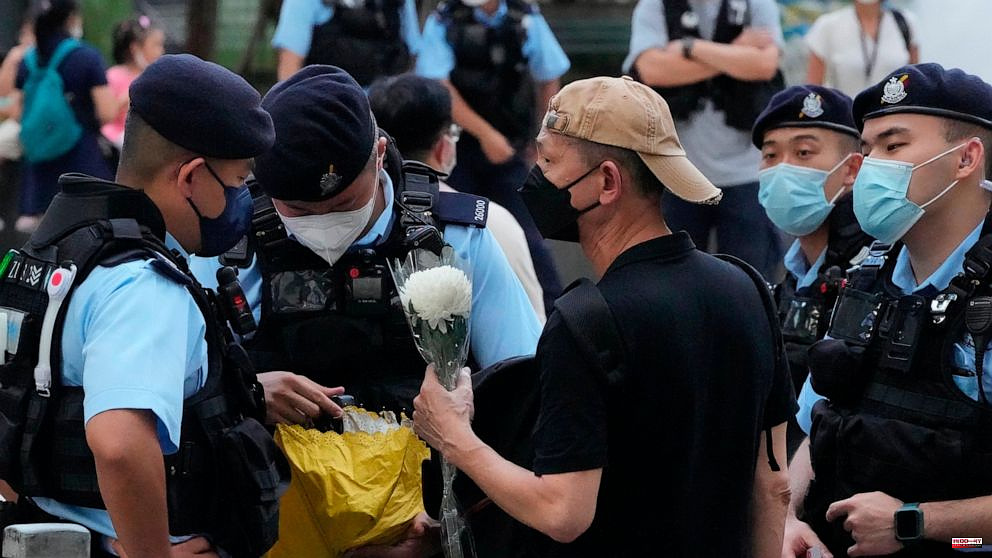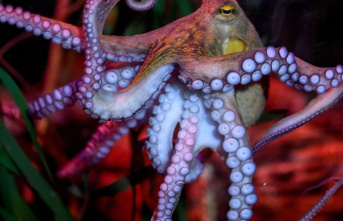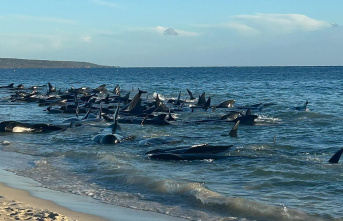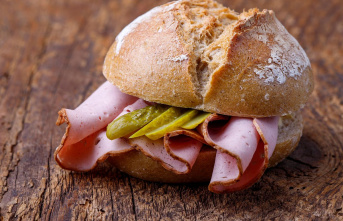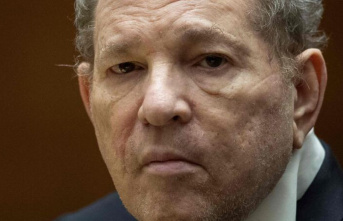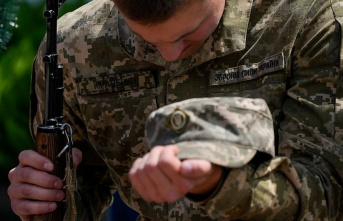HONG KONG -- Police force swarmed Hong Kong's Victoria Park Saturday, after authorities banned public commemoration for the third year in succession of the 1989 Tiananmen Square massacre. Vigils abroad were the only place that marked the occasion.
For decades, only Hong Kong and Macao allowed students protestors demanding more democracy to be remembered in China's Tiananmen Square. Many were killed, some even thousands.
This ban is part of Beijing's attempt to suppress political dissent.
After many of its leaders were detained on suspicion of violating the nation security law that was imposed in the wake of massive pro-democracy protests in 2019, the Hong Kong Alliance in Support of Patriotic Democratic Movements of China disbanded the vigil organizers.
Public commemoration has been banned by authorities in the three years since the coronavirus was discovered. Critics claim that the pandemic was used to violate the right to gather.
Friday's government statement stated that Victoria Park, the traditional venue for the candlelight Vigil, would be shut down as it could be used for illegal activities.
A police superintendent had warned earlier in the week that any group gathering in the same place, at the same time, and with a common goal to express certain views, could be considered an unauthorised assembly.
Some residents, despite the ban, wore black to show support. Others carried bouquets of flowers, candles, or used flashlights on their phones.
"Today, today, this is to remember June 4th. Man Yuen said, "Every year I have to make it," while wearing a black T-shirt that read "the people won't forget", and walking down the streets with an unlit candle.
Police stopped several people and searched them, including some who were wearing black. It is not clear if there were any arrests.
Donald Tam, a resident of Causeway Bay, where the park's location is, stated that he was disappointed because no one had organized any commemoration events. However, authorities are already on high alert.
The British gave Hong Kong to China in 1997. Since then, the city has been managed under the "one country, two system" model that promised the city freedoms not available on the mainland. This meant that Hong Kong and Macao, a nearby semi-autonomous territory were allowed to mark the 1989 crackdown. Keywords such as "Tiananmen massacre", "June 4," and others are restricted online. People are prohibited from publicly marking the event.
In China, there were vigils to remember the Tiananmen victims.
Antony Blinken, U.S. Secretary, stated that even though China and Hong Kong tried to erase the memory of the crackdown in China, his government would continue speaking out and promoting accountability for China's human rights abuses against Muslim minorities in western Xinjiang and Tibet.
He said, "To the peoples of China and those who continue to stand up against injustice and seek freedom. We will not forget June 4,"
Candles were lit by the U.S. Consulate of Hong Kong in the windows.
Many took part in the vigil in Taiwan, an island that Beijing claimed as its territory. On Facebook, the Foreign Ministry stated that "when this time is around, there are a lot of things one cannot say, a bunch one can write, and many one can not even look up on Facebook."
This post encouraged Chinese citizens to use a VPN in order to access Facebook which is blocked in China and search for information about the Tiananmen square massacre "to find what their country is hiding."
Lee Ming-che, a Taiwan democracy activist, stated that Taiwan has been marking the June 4 massacre since before Hong Kong. Each place in the rest of the globe interprets the event in its own way. "We need to be alert to China's threats, and protect Taiwan's democratic, human rights and freedom values."
Joanna Chen, a graduate student, said that it is important to remember the June 4 massacre because Taiwan is the only place in Greater China where such an event can be publicly remembered.
She said, "We must remind Taiwanese citizens that democracy is not something to be taken for granted."
Around 50 supporters of democracy lit candles in Sydney outside the Chinese Consulate to commemorate the massacre. Several police officers were also present.
To mark the Tiananmen anniversary, activists set up a street theatre in Dharmsala (India), home to the Dalai Lama, Tibet's exiled spiritual leader. To recreate the "tankman", an iconic photograph taken by The Associated Press showing a student standing before a tank, they used a cutout from a Chinese tank. This image became a symbol of courage in the face Chinese government's crackdown on protests.
After the diocese raised concerns about the possibility of such events violating the national security law, Hong Kong's Catholic Churches skipped Mass for Tiananmen victims for the first time in thirty years.
Over 150 people were arrested for offences including subversion, secession and foreign collusion to interfere in the affairs of the city.
Universities were also affected by the clampdown. The University of Hong Kong took down a sculpture called "Pillar of Shame" that depicted torn bodies and symbolizing the loss of lives during the massacre. Officials claimed that the sculpture could not be displayed without approval.
Two other universities in the same city took down monuments to the occasion a day later.
Jens Galschioet (the artist behind "Pillar of Shame") responded by unveiling a scaled-down replica of the sculpture (8 m tall) at the University of Oslo, Norway.
------
This report was contributed by Associated Press journalists Alice Fung, Taijing W in Taipei Taiwan, Mark Baker in Sydney and Ashwini Bhattia in Dharmsala India.

